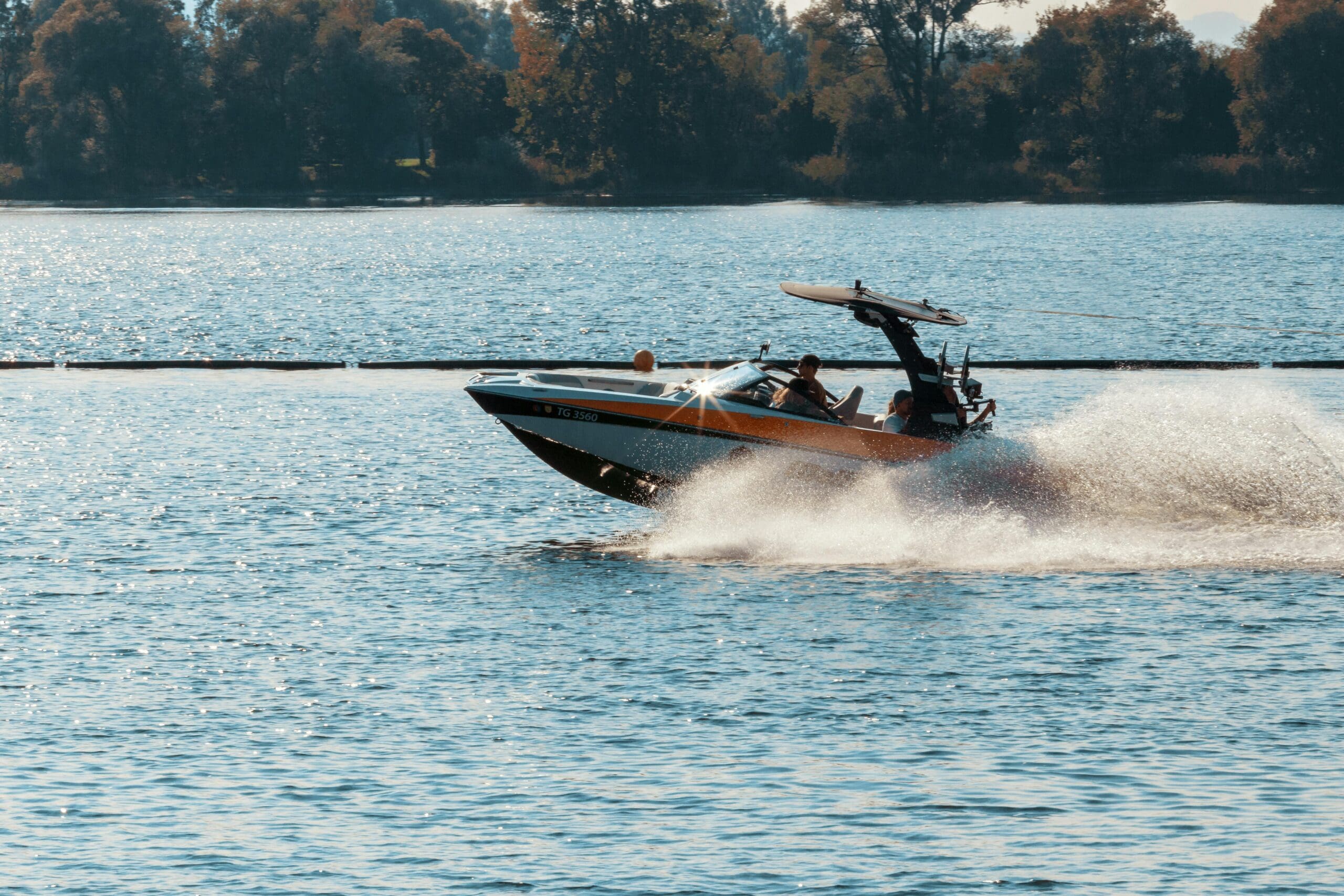
Boat Safety
1. Prepare Before You Go
Check the Weather
Always check the weather forecast. If it looks stormy or windy, it’s best to stay on land.
Tell Someone Your Plans
Let a friend or family member know where you’re going, your route, and when you plan to return. This way, they can alert authorities if something goes wrong.
Inspect Your Boat
Make sure everything is in good working order. Check the engine, fuel, lights, and steering. Ensure you have enough fuel for the trip.
Pack Safety Gear
Ensure you have:
- Life jackets for everyone
- A first aid kit
- Fire extinguishers
- Flares, horn, or whistle
- An anchor and line
- Navigation charts and a compass
- A VHF radio
2. While On the Water
Wear Life Jackets
Everyone should wear a life jacket at all times. Make sure they fit properly and are Coast Guard approved.
Follow Navigation Rules
Learn and follow basic boating rules:
- Keep to the right in narrow channels
- Yield to sailboats
- Go slow in crowded areas
Avoid Alcohol
Don’t drink alcohol while operating the boat. It impairs your ability to make safe decisions.
Watch Your Speed
Adjust your speed based on the conditions. Slow down in crowded areas, near docks, and when visibility is poor.
Man Overboard!
If someone falls overboard, shout “man overboard,” throw a flotation device, and keep them in sight. Carefully bring the boat to them from downwind.
3. Be Ready for Emergencies
Know Your Safety Equipment
Ensure everyone knows where the safety equipment is and how to use it. Review emergency procedures regularly.
Basic First Aid
Learn basic first aid and keep a first aid kit on board. Know how to treat cuts, burns, and hypothermia.
Communication
Have a VHF radio to call for help in an emergency. Ensure it’s in working order and know how to use it.
Emergency Beacon
Consider having an Emergency Position Indicating Radio Beacon (EPIRB). It sends a distress signal with your location to rescue authorities.
4. Protect the Environment
Respect Marine Life
Avoid disturbing marine animals and their habitats. Keep a safe distance and don’t feed or harass wildlife.
Keep Waterways Clean
Dispose of trash properly and use eco-friendly products. Avoid spilling fuel or oil.
Clean Your Boat
After each trip, clean and drain your boat to prevent the spread of invasive species. Remove plants, animals, and mud from your boat, trailer, and gear.
Conclusion
Boating is a wonderful way to enjoy nature, but safety is essential. By preparing properly, following safety rules, and respecting the environment, you can ensure a fun and safe boating experience. Safe travels and happy boating!
Categories: Blog






